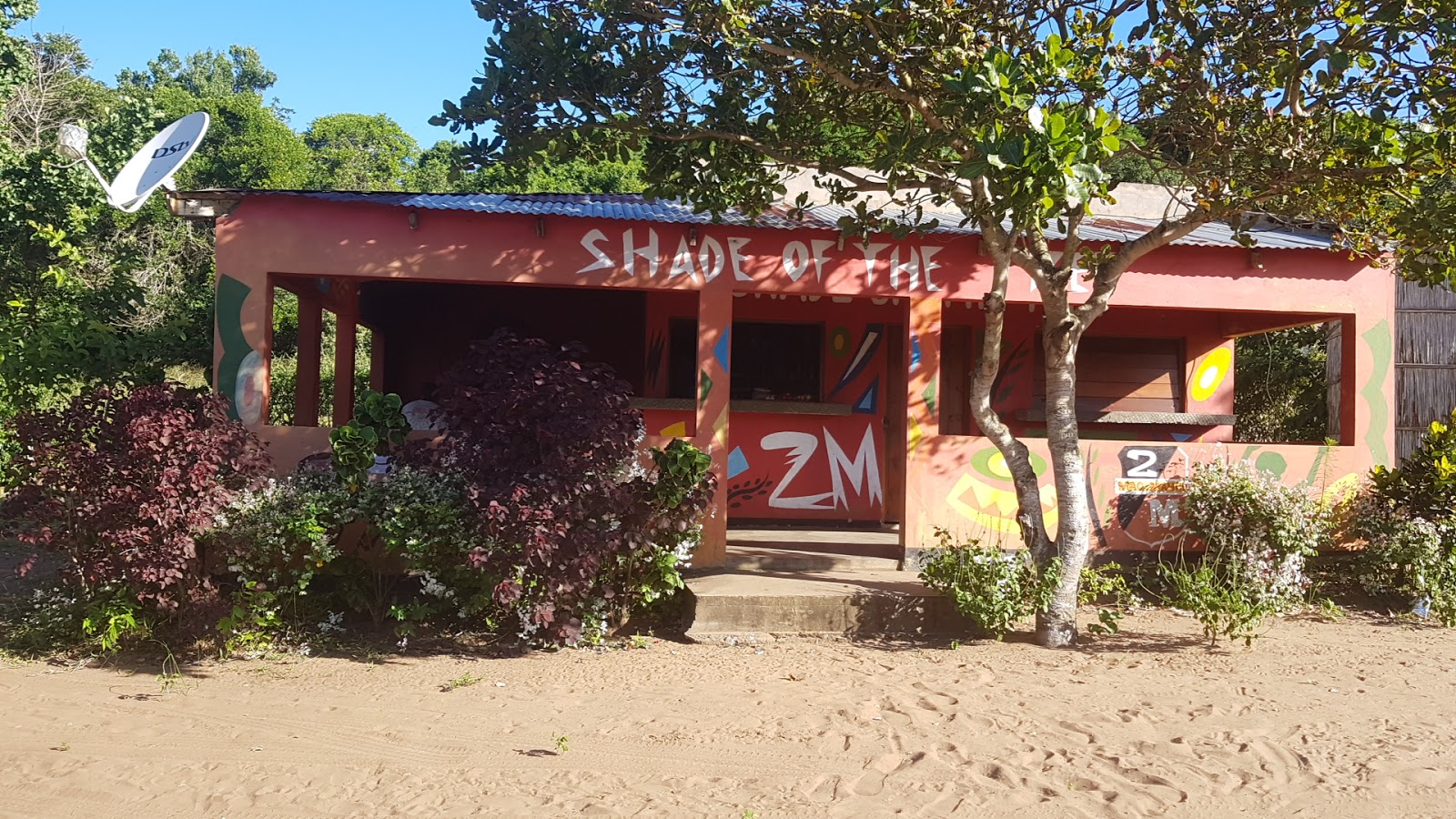Shade of the Tree 1601 Keokuk Avenue

Overview
Shade of the Tree 1601 Keokuk Avenue is a substance abuse treatment center for people seeking treatment near Dickinson County. As part of their treatment modalities for recovery, Shade of the Tree 1601 Keokuk Avenue provides group counseling during treatment. Shade of the Tree 1601 Keokuk Avenue is located in Spirit Lake, Iowa, accepting cash or self-payment for treatment.
Shade of the Tree 1601 Keokuk Avenue at a Glance
Payment Options
- Cash or self-payment
- Medicaid
- State-financed health insurance plan other than Medicaid
- Sliding fee scale (fee is based on income and other factors)
- Payment assistance (check with facility for details)
Assessments
- Comprehensive substance use assessment
- Interim services for clients
- Outreach to persons in the community
- Screening for substance use
Age Groups
- Seniors or older adults
- Adolescents
- Young adults
Ancillary Services
- Specially designed program for DUI/DWI clients
- Transportation assistance
Accreditations
State department of health:

Government agencies issue State Licenses, granting rehabilitation organizations permission to operate their businesses lawfully within specific geographic regions. The specific licenses needed for legal operation are typically determined by the type of rehabilitation program offered by the facility and its physical location.
Treatment At Shade of the Tree 1601 Keokuk Avenue

Conditions Treated
Alcoholism:
Alcohol addiction is a health problem where drinking takes control over a person's life. It affects how their brain thinks and acts, leading to strong desires to drink, bad feelings, sudden actions, and discomfort when not drinking. To help someone with this problem, there are treatments like detox, counseling, group support, and learning coping methods. While treatment can't completely cure the urge to drink, it helps people regain control of their lives and feel better overall.
Substance use treatment:
Substance use rehabilitation is a structured program aimed at assisting individuals in overcoming their dependencies on drugs or alcohol. Through a combination of medical detoxification, counseling, and various therapeutic approaches, these programs strive to address the physical and psychological aspects of addiction. The goal is to equip individuals with the knowledge, skills, and support necessary to attain lasting sobriety, while also working to identify and address the underlying issues contributing to substance misuse. By fostering a supportive environment, substance use rehabilitation centers provide a pathway towards a healthier, substance-free life.

Levels Of Care
Outpatient:
Outpatient treatment in a rehab center offers structured therapeutic services for individuals seeking recovery without full-time residential admission. Unlike intensive outpatient programs, which demand more frequent and longer sessions, standard outpatient care provides a more flexible approach, allowing participants to maintain daily activities and responsibilities while undergoing treatment.
Regular outpatient treatment:
Regular Outpatient Treatment involves scheduled therapy sessions typically held on an outpatient basis, allowing individuals to receive essential support while maintaining their daily routines. These sessions usually range from one to three times per week, providing a flexible approach to recovery that accommodates the individual's needs and progress. It offers a structured environment for therapy and counseling, enabling individuals to address addiction or mental health issues while continuing to engage in their daily responsibilities.
Aftercare:
Aftercare refers to the structured support and programs offered to individuals after completing an initial treatment phase for substance abuse or other disorders. Recognizing that recovery is an ongoing process, aftercare provides continued counseling, skill-building, group therapy, and resources to help individuals maintain sobriety, manage triggers, and reintegrate into daily life, reducing the risk of relapse and ensuring long-term success in recovery.

Treatment Modalities
Group counseling:
Group Counseling is a therapeutic approach where individuals come together under the guidance of a trained counselor to share experiences, provide mutual support, and gain insights. It fosters a sense of community, promotes understanding through diverse perspectives, and offers personal growth and problem-solving strategies.
Family counseling:
Family counseling is a therapeutic approach that addresses the dynamics, interactions, and challenges within a family unit. Through guided discussions and interventions, a trained counselor helps family members understand one another, resolve conflicts, improve communication, and strengthen their bonds. This form of therapy can be beneficial for families facing transitions, stressors, or behavioral issues, promoting understanding and facilitating positive change in the familial environment.
Marital/couples counseling:
Marital/couples counseling treatment modalities refer to various therapeutic approaches used to help couples resolve conflicts, improve communication, and strengthen their relationship. These modalities can include cognitive-behavioral therapy, emotionally focused therapy, solution-focused therapy, and integrative approaches. The goal of these treatments is to help couples identify and address underlying issues and develop healthy relationship dynamics.
Treatment for other addiction disorder:
Treatment for other addiction disorders typically involve a combination of therapy and medication. This may include individual therapy, group therapy, and behavioral therapy. Medications may be prescribed to help manage symptoms and reduce cravings. Additionally, support groups and aftercare programs can be beneficial in maintaining recovery and preventing relapse. The treatment modality should be tailored to the individual's specific needs and circumstances.
Individual psychotherapy:
In individual therapy, a person engages in a one-on-one session with a qualified therapist or counselor. This therapeutic approach is crucial in successful substance abuse treatment because it delves into the underlying causes of addiction, addressing issues the individual may encounter in their familial, social, and professional or academic environments.
Ancillary Services
Additional Services
- Pharmacotherapies administered during treatment
- Housing services
- Drug or alcohol urine screening
Special Programs
- Clients with co-occurring mental and substance use disorders
- Veterans
- Active duty military
- Members of military families
- Criminal justice (other than DUI/DWI)/Forensic clients
Contact Information
DISCLAIMER: The facility name, logo and brand are the property and registered trademarks of Shade of the Tree 1601 Keokuk Avenue, and are being used for identification and informational purposes only. Use of these names, logos and brands shall not imply endorsement. BetterAddictionCare.com is not affiliated with or sponsored by Shade of the Tree 1601 Keokuk Avenue.

